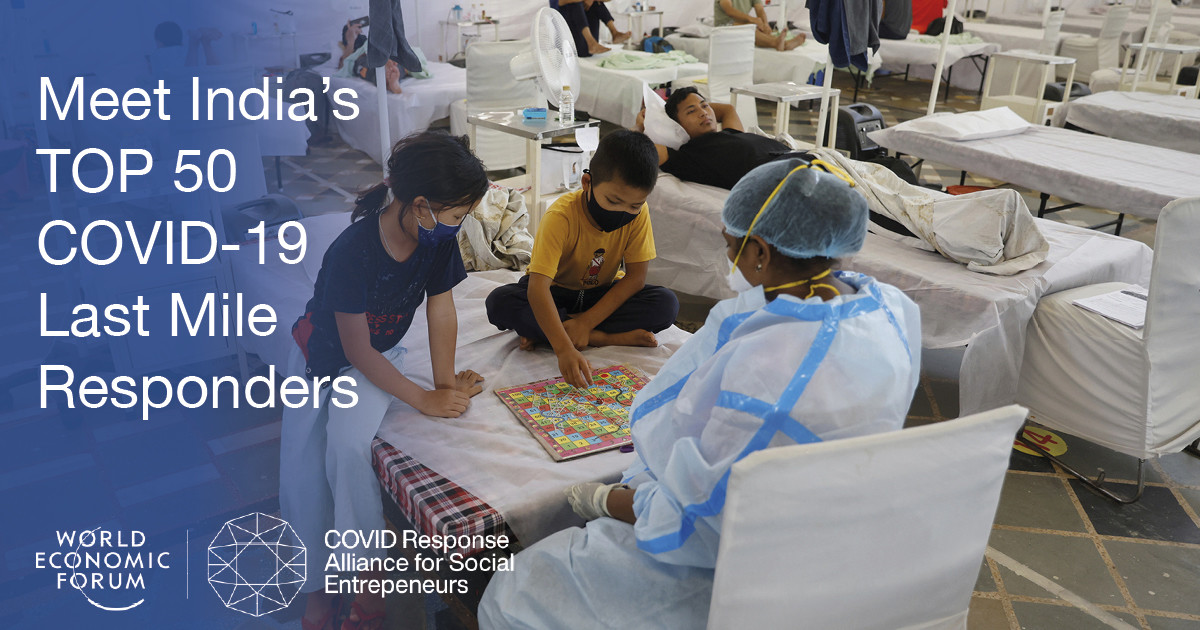COVID-19: What you need to know about the coronavirus pandemic on 31 August

Schools are reopening around the world, but social distancing measures remain for millions. Image: REUTERS/Toya Sarno Jordan

Explore and monitor how COVID-19 is affecting economies, industries and global issues

Get involved with our crowdsourced digital platform to deliver impact at scale
Stay up to date:
COVID-19
- This daily round-up brings you a selection of the latest news and updates on the COVID-19 coronavirus pandemic, as well as tips and tools to help you stay informed and protected.
- Top stories: Australia to swap vaccines with Singapore; New variant being investigated in South Africa; US warns against travel to Switzerland, Estonia and Azerbaijan.
1. How COVID-19 is affecting the globe
Confirmed cases of COVID-19 have passed 217.1 million globally, according to Johns Hopkins University. The number of confirmed deaths stands at more than 4.51 million. More than 5.25 billion vaccination doses have been administered globally, according to Our World in Data.
New COVID-19 cases have fallen for a second straight day in New Zealand, amid a tight lockdown.
The United States Centers for Disease Control and Prevention and State Department have both warned against travel to Switzerland, Estonia and Azerbaijan because of rising COVID-19 cases in those countries.
South Korea is planning to roll out COVID-19 booster shots from October.
Britain has reported its lowest number of new COVID-19 cases since 10 August, government data showed yesterday.
600 schools in Indonesia's capital Jakarta reopened yesterday as COVID-19 restrictions eased.
Around 6 million students have also returned to classrooms in Saudi Arabia for the first time since the start of the pandemic. Children older than 12 must show they've been vaccinated before they can return.
Thailand is set to allow some domestic flights to and from Bangkok and other high-risk COVID-19 areas to resume tomorrow.

2. Australia to swap vaccines with Singapore
Australia will receive 500,000 doses of the Pfizer/BioNTech COVID-19 vaccine from Singapore this week after a swap deal was agreed.
The deal will see Australia return the same number of Pfizer shots to Singapore in December.
"That means there are 500,000 doses extra that will happen in September that otherwise would have had to wait for several months from now, accelerating our vaccination programme at this critical time as we walk towards those 70% and 80% targets," Prime Minister Scott Morrison told reporters in Canberra.
Capital city Canberra has extended its lockdown by another two weeks, with the state of Victoria expected to follow suit soon.
India’s leading COVID-19 last-mile responders
3. South Africa detects new variant, tests underway
South African scientists have detected a new coronavirus variant, with multiple mutations, but are still working to establish whether it's more contagious or able to overcome the immunity provided by vaccines.
The new variant, known as C.1.2, was first detected in May and has now spread to most South African provinces and to seven other countries in Africa, Europe, Asia and Oceania, according to research that is yet to be peer-reviewed.
It contains many mutations associated in other variants with increased transmissibility and reduced sensitivity to neutralizing antibodies. But, they occur in a different mix and scientists are not yet sure how they affect the behaviour of the virus. Tests are underway to establish how well the variant is neutralized by antibodies.
Richard Lessells, an infectious disease specialist and one of the authors of the research on C.1.2, said the variant's emergence reminds us that "this pandemic is far from over and that this virus is still exploring ways to potentially get better at infecting us".
Don't miss any update on this topic
Create a free account and access your personalized content collection with our latest publications and analyses.
License and Republishing
World Economic Forum articles may be republished in accordance with the Creative Commons Attribution-NonCommercial-NoDerivatives 4.0 International Public License, and in accordance with our Terms of Use.
The views expressed in this article are those of the author alone and not the World Economic Forum.
The Agenda Weekly
A weekly update of the most important issues driving the global agenda
You can unsubscribe at any time using the link in our emails. For more details, review our privacy policy.
More on Health and Healthcare SystemsSee all
Elisha London
July 24, 2024
Hamad Al Hammadi
July 22, 2024
Shyam Bishen
July 17, 2024
Shyam Bishen
July 15, 2024
Shyam Bishen
July 11, 2024
Charlotte Ashton
June 28, 2024






